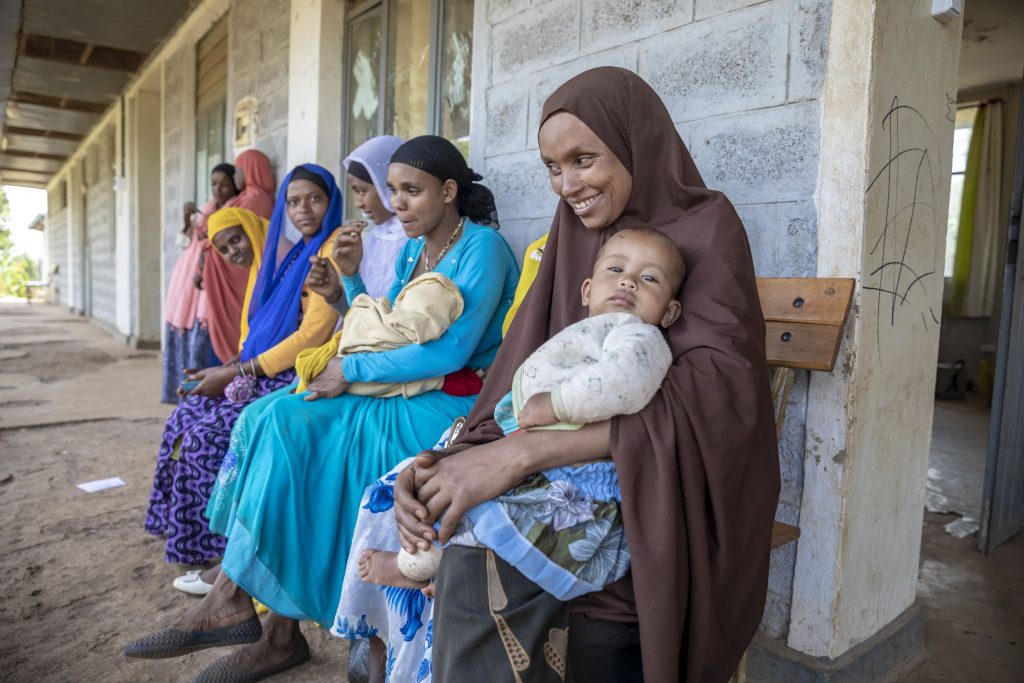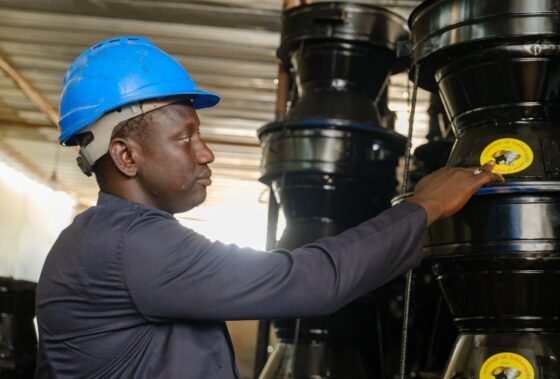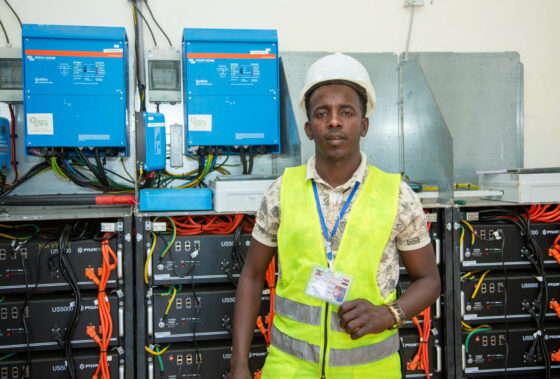Rural health centres in Ethiopia are using solar energy to provide care for their patients.
More than 16,000 people live in Korjo village, 370 kilometres from the Ethiopian capital Addis Ababa. Its mud-plastered houses with their corrugated sheet-iron roofs are scattered along both sides of a narrow dirt road with cows, sheep and donkeys grazing beside their owners’ homes. Korjo is not connected to the power grid, which made life hard for Gutema Berhanu Geleta.
The 27-year old was appointed head of the local health centre in 2016. When there were accidents at night, patients’ had to be treated under the weak light of mobile phones or even torchlights. The centre had a single refrigerator, which ran on kerosene, to cool medication and laboratory chemicals. This required about 20 euro per month for kerosene – a significant amount for the limited budget of a rural health centre.
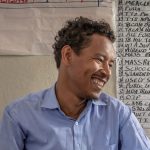
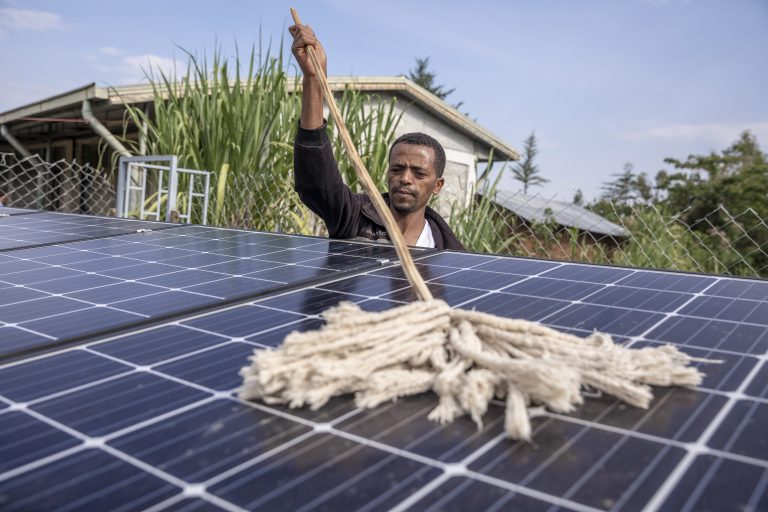
The team can now treat patients safely at night and births no longer take place in the dark
This changed in 2018, when EnDev installed a solar system here in collaboration with a local solar company. Gutema and his team can now treat patients safely at night and births no longer take place in the dark. Every room has its own light and plug sockets; two computers enable the staff to document their work and three refrigerators now store vital medicines. The laboratory has an electric microscope and electric equipment to analyse blood samples.
Over 700 people come to the health centre every month, especially mothers and children
Laboratory technician Anteneh Tsadik is grateful for the improvements: “It is now easier for me to detect illnesses such as tuberculosis and malaria.” Gutema is also pleased: “Electricity has improved our work and now I am able to serve my community better. This satisfies me as well as the community.” And patients also notice the difference – patient numbers have grown by one third. Now, over 700 people come to the health centre every month, especially mothers and children.
It is now easier for me to detect illnesses such as tuberculosis and malaria.
Laboratory technician Anteneh Tsadik
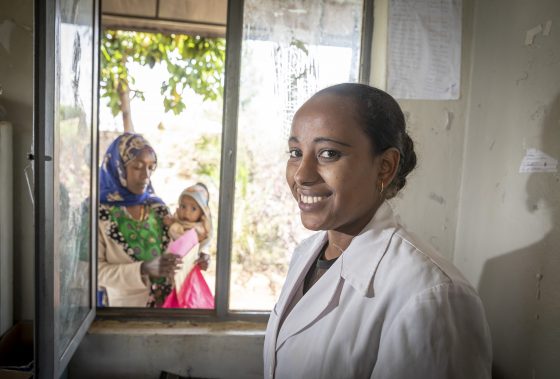
EnDev Ethiopia has also provided training to private companies
Throughout the country, EnDev has supported around 200 Ethiopian health centres and 50 health posts to gain access to modern and sustainable energy by the end of 2019. To achieve this, EnDev has been collaborating with political partners, such as the Ethiopian Ministry of Water, Irrigation and Energy, which then launched the National Electrification Program Light to All in 2017. EnDev has also provided training to private companies which planned, sized, and then installed solar systems at health centres and health posts. Today, more than 5.3 million people benefit from the improved structures and services.
